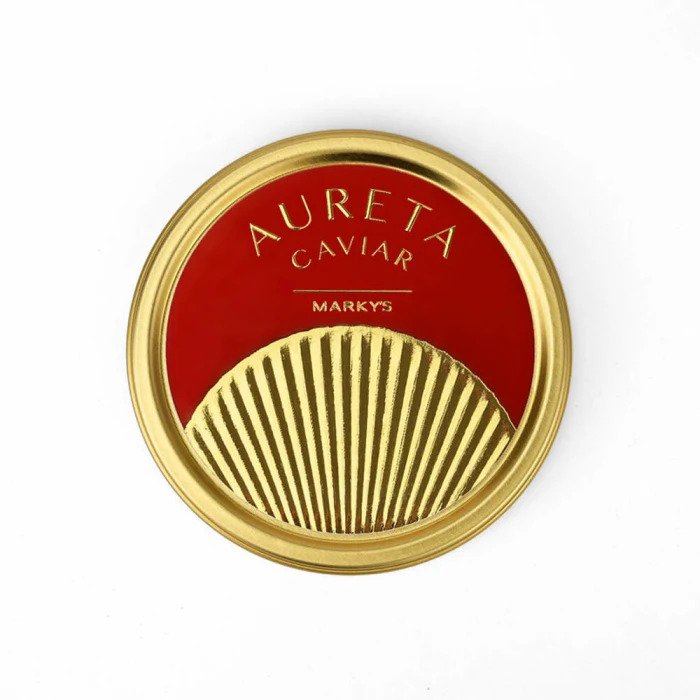Cheese for Diabetes: The Best Types to Eat and Their Nutritional Facts
Category : Food Stories, Party Ideas, Recipes, Press Room |
Posted : Aug 31, 2022
Dairy products like cheese have been consumed for ages. It is made from the milk of cows, sheep, goats, or buffalo. Cheese can be eaten fresh or aged. There are many different types of cheese, and each one has its unique flavor and texture. Calcium and protein are both found in cheese, along with a few other vitamins and minerals. In this blog post, we will discuss the best types of cheese to eat if you have diabetes, and we will also look at their nutritional facts.
Benefits of Cheese for Diabetic People
Cheese may be included in a diabetic diet without jeopardizing one's health. Cheese can make you feel full and is a rich source of calcium and protein. Look for a cheese that is lower in fat and sodium, such as cottage cheese. The majority of cheeses have very little to no carbs and have very low GI (glycemic index) values. However, some cheeses have more than others. For instance, Swiss cheese has 1.5g of carbs per ounce, compared to just 0.4g in cheddar cheese.

A new study has found that cheese may help to reduce the risk of developing type II diabetes. The study, which was conducted by the University of Lund in Sweden, looked at data from over 13,000 people and found that those who ate more than two servings of cheese per day had a lower risk of developing diabetes than those who ate less than one serving but there should be further research in this study.
Therefore, it's crucial to read the nutritional information on various types of cheese. You can add cheese to meals or snacks, or enjoy it on its own.
Additional Nutritional Facts about Cheese
Cheese is a great source of protein and fat, both of which help to slow down the absorption of sugar into your bloodstream which generally increases with excessive consumption of carbohydrates. They take longer to digest when consumed together. This helps to keep your blood sugar levels stable, preventing spikes and dips that can leave you feeling tired, cranky, and hungry.
Additionally, protein makes people feel fuller for longer, which curbs the desire for other bad meals. Depending on the kind of cheese, the protein content varies. For instance, cheddar has 7 g of protein per ounce, compared to 10 g in 1 ounce of parmesan. Less than 3 g are present in 1 ounce of cottage cheese.
Types of Cheese Beneficial for Diabetic People
Many high-protein, low-fat kinds of cheese can be beneficial for people with diabetes. Some of these include:

- Cottage cheese: It is a good source of protein and calcium, and it is also low in fat. For those with diabetes, it might be a healthy choice. 40% of your daily vitamin B12 requirements are met by one cup of full-fat cottage cheese for the well-being of blood cells and nerves. It contains around half your daily requirement of phosphorus, which helps create energy and protects bones, and 40% of your daily requirement of selenium, which supports thyroid and reproductive health.

- Ricotta cheese: It is another high-protein, low-fat cheese that can be beneficial for people with diabetes. It is a good source of calcium and vitamin D, and it can help to regulate blood sugar levels. It is a fantastic source of calcium and also contains many other important elements, such as vitamin A, riboflavin, niacin, vitamin B12, vitamin K, iodine, phosphorus, selenium, and zinc.

- Swiss cheese: It is another high-protein, low-fat cheese that can be beneficial for people with diabetes. It is a good source of vitamins A and B, and it can help to control blood sugar levels.

- Parmesan cheese: It is another high-protein, low-fat cheese that can be beneficial for people with diabetes. It is a good source of calcium and phosphorus, and it can help to regulate blood sugar levels.

- Feta cheese: This cheese is a great source of calcium for bone health. It also has high levels of phosphorus and the consumption prevents osteoporosis. It also contains a fatty acid (CLA) Conjugated Linoleic Acid which helps to reduce body fat but still needs to be eaten in minimal quantities.
These are just some of the many high-protein, low-fat cheeses that can be beneficial for people with diabetes. So, if you're looking for a healthy cheese option, be sure to choose one of these high-protein, low-fat cheeses. You'll be glad you did! Talk to your doctor or dietitian about which ones may be right for you. Make sure you also check for any dairy allergies, intolerances, and blood pressure.
Cheese has certain benefits that can help control/ reduce the risk of diabetes. And there are many yummy options for diabetic patients or for people who want to switch to a more healthy lifestyle. But before selecting the right one, consultation with a dietician or doctor is necessary to ensure you are consuming the right quantities. But these kinds of cheese are good options for the low-fat high-protein diet and be sure to check these at your local supermarket. Check out our blog on cheese for lactose intolerant people too!













